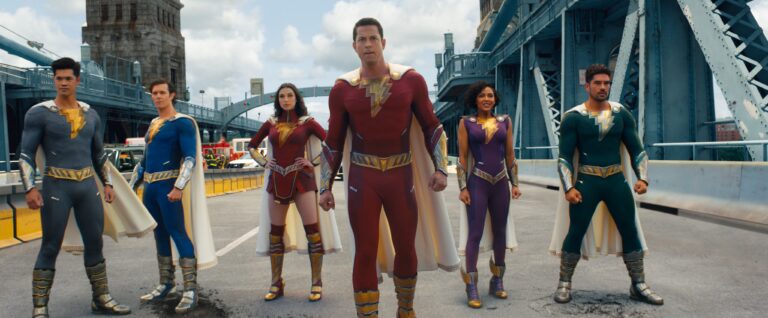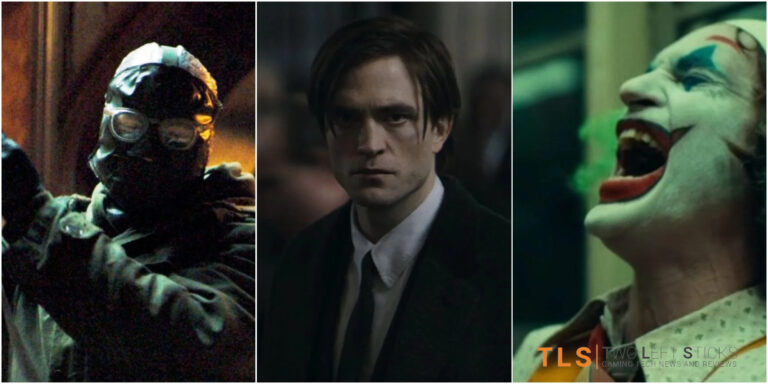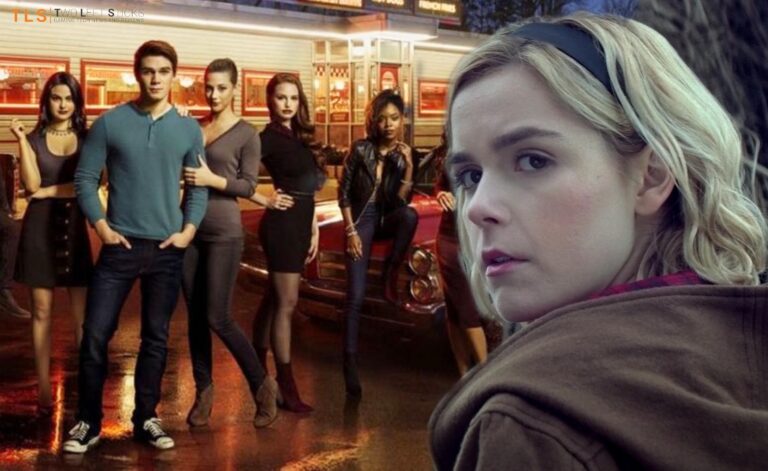5 Labor Day Films That Honor the Spirit of the Holiday
Labor Day is more than simply an additional Monday off in September to bridge the gap between Independence Day and Thanksgiving. According to the official Department of Labor website, Labor Day celebrates “The labor movement’s birth, devoted to American workers’ social and economic accomplishments. It is an annual homage to employees’ contributions to our nation’s strength, prosperity, and well-being.
“Thus, Labor Day affords a three-day weekend. In contrast to most national holidays that close workplaces and banks, however, the three-day weekend is, in a sense, the purpose. Labor Day is a day to honor ourselves, the people who work hard daily to earn a livelihood and ensure that society continues to function. And what’s more? We are entirely deserving of this accolade
1. 9 to 5 (1980)
Reasons for observing: Fonda, Tomlin, and Parton play three working-class women who stand up to their sexist and arrogant employer. The film is a comic masterpiece with a progressive female empowerment message.

It is a current and realistic film, given that women continue to strive for fair pay today. Not to mention that the movie’s theme song, written and performed by Dolly Parton, is still one of the catchiest working-class anthems to date.
2. Norma Rae (1979)
Norma Rae is an uplifting film based on the remarkably accurate tale of union leader Crystal Lee Sutton. Field portrays Norma, a North Carolina factory worker who gets active in trade union activities in the textile industry, where she works when hazardous working conditions endanger her and her coworkers’ health.

The film depicts Sutton’s persecution while attempting to organize her factory and the protagonist’s resilience despite the unfriendly atmosphere. Lee would subsequently work for the Amalgamated Clothing and Textile Workers Union (ACTWU), which would later join other unions to become the present-day UNITE HERE. In addition to Field’s impressive performance, the film provides a peek into early labor history and organizations.
3. Earth’s Seasoning (1954)
Reasons for observing: A classic film of historical importance regarding its narrative and persons engaged in developing the picture. Based on the 1951 strike against the Empire Zinc Corporation in Grant County, New Mexico, Salt of the Earth is one of the first films to explore the link between the struggle for workers’ rights and women’s rights.
Revueltas takes the stage as the wife of a miner who plays a crucial role in her husband’s battle for higher pay at work. Salt of the Earth was innovative for its day with subjects such as racism and gender inequity. It should also be emphasized that, due to the pervasive McCarthyism and red-baiting of the 1950s, many of those engaged in the film’s production were blacklisted by Hollywood.
The film was condemned for its “communist tendencies” by the United States House of Representatives, and the American Legion urged for a countrywide boycott of the picture. Despite this, Salt of the Earth gained popularity and is now regarded by many as compulsory watching for working people.
4. Modern Times (1936)
Reasons for observing: Modern Times depicts the hardships of a worker seeking security and stability in an ever-changing environment. Charlie Chapman portrays a manufacturing worker who experiences a nervous breakdown due to the boredom of his job.
From there, a sequence of implausible coincidences places him amid various labor disputes that resemble the film’s era’s very genuine labor movement. This black-and-white film is nonetheless entertaining and relevant today.
5. Silkwood (1983)
Reasons for observing: This biographical drama is a historical thriller based on the life and death of nuclear whistleblower and labor union leader Karen Silkwood. Silkwood was a union leader who put her life on the line to draw attention to the many breaches of health standards, including worker exposure to contaminants, at the Kerr-McGee Cimarron Fuel Fabrication Site factory in Oklahoma, where she worked.

Silkwood will encourage audiences to delve further into the circumstances surrounding the main character and the legal struggle against Kerr-McGee that ensued following her death, thanks to the performances of Meryl Streep and Cher.







